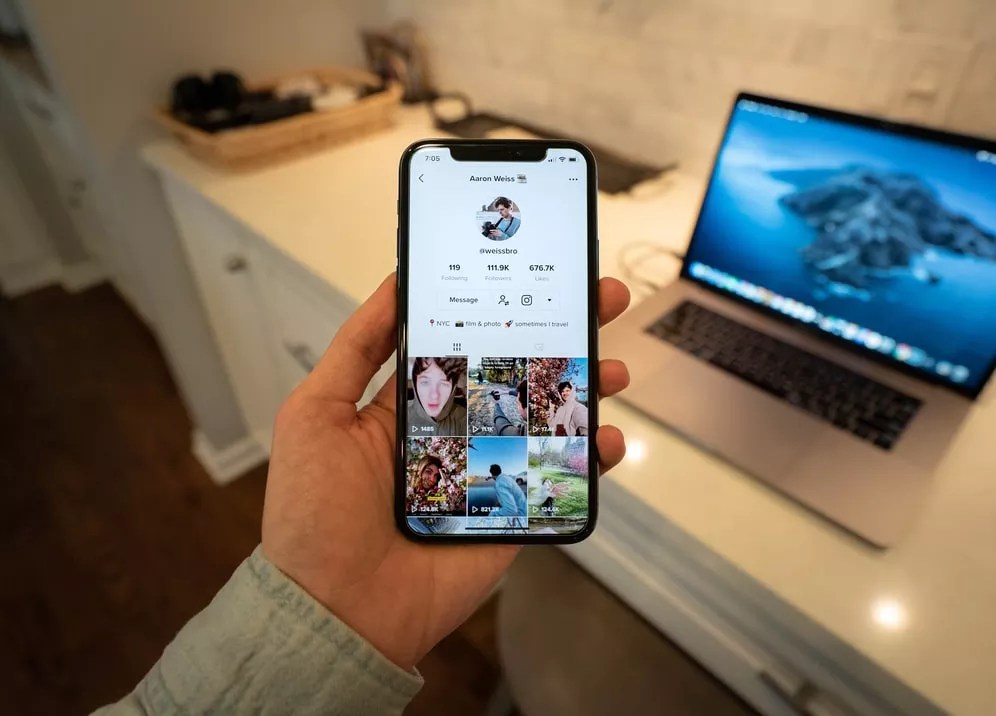
Aaron Weiss/Unsplash

Audio By Carbonatix
Not everyone loves TikTok’s quick-hit humor and cybersecurity risks.
Two months after Congress banned access to the social media platform on federally owned devices, and days after major North Texas colleges including the University of North Texas followed suit, the Dallas Independent School District is discontinuing access to the video-sharing app.
In a letter sent out to students’ families on Friday, the DISD announced:
“In today’s world, we all have a duty to protect students, parents, team members and the districts’ private information online. Dallas ISD takes this responsibility seriously and will continue the necessary measures to ensure confidential information remains secure. Federal and state officials recently determined the video-sharing platform TikTok poses a serious security risk. To better protect against cybersecurity concerns, the district is removing access to TikTok from all devices and networks effective today.”
The letter explains that the app will not be accessible to devices using the school district’s Wi-Fi and that it should not be used on the district’s own devices.
“Experts believe the cybersecurity risk stems from the belief that TikTok’s parent company tracks data from users – including when, where and how a person uses the internet – that could be used to share sensitive information and ultimately harm our IT infrastructure,” the statement reads.
TikTok ranks ninth among the most popular social media platforms in the U.S., and has drawn some of its followers – nearly half of whom are under the age of 34 – by promoting participation in dangerous challenges and even influencing elections.
As NPR reported, the FBI believes that the Chinese-owned video app poses a national security risk.
Even worse, it has given rise to influencers such as Addison Rae and Charli D’Amelio.
Gov. Greg Abbott signed a ban on TikTok access for state agencies on Dec. 7. Connecticut challenged the national ban signed by President Joe Biden, requesting more evidence supporting a TikTok ban in an email exchange with the FBI, published by Al-Jazeera. The FBI didn’t provide the evidence requested by the state government. Connecticut’s chief information officer, Mark Raymond, determined that any security risks posed by the app were “low.”
In December, a TikTok representative told Fox News: “We believe the concerns driving these decisions are largely fueled by misinformation about our company. We are happy to continue having constructive meetings with state policymakers to discuss our privacy and security practices. We are disappointed that many state agencies, offices, and universities will no longer be able to use TikTok to build communities and connect with constituents.”
While TikTok, whose parent company ByteDance is based in Beijing, has not stated explicitly that it can’t be accessed by the Chinese government, in 2020 the company said: “TikTok US user data is stored in the US, with strict controls on employee access.” Buzzfeed reported in June that “according to leaked audio from more than 80 internal TikTok meetings, China-based employees of ByteDance have repeatedly accessed nonpublic data about US TikTok users.”